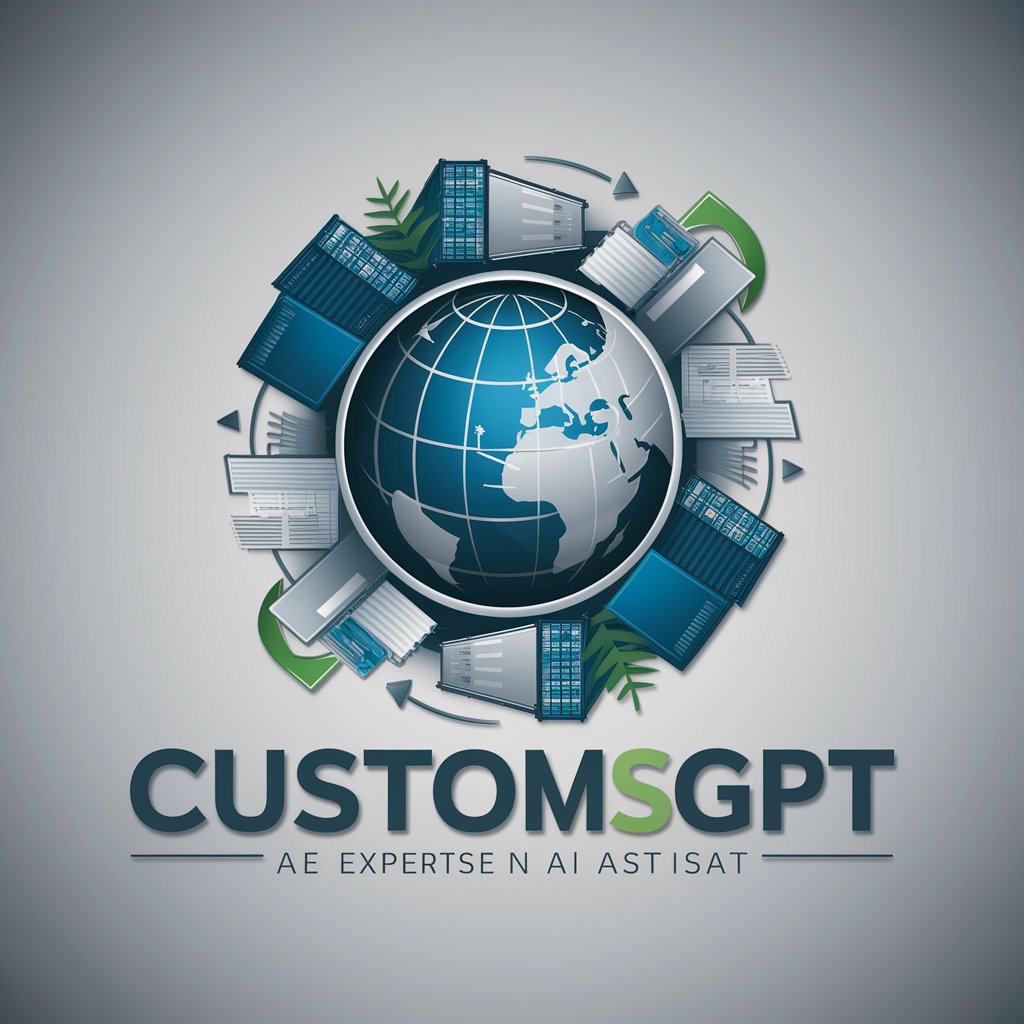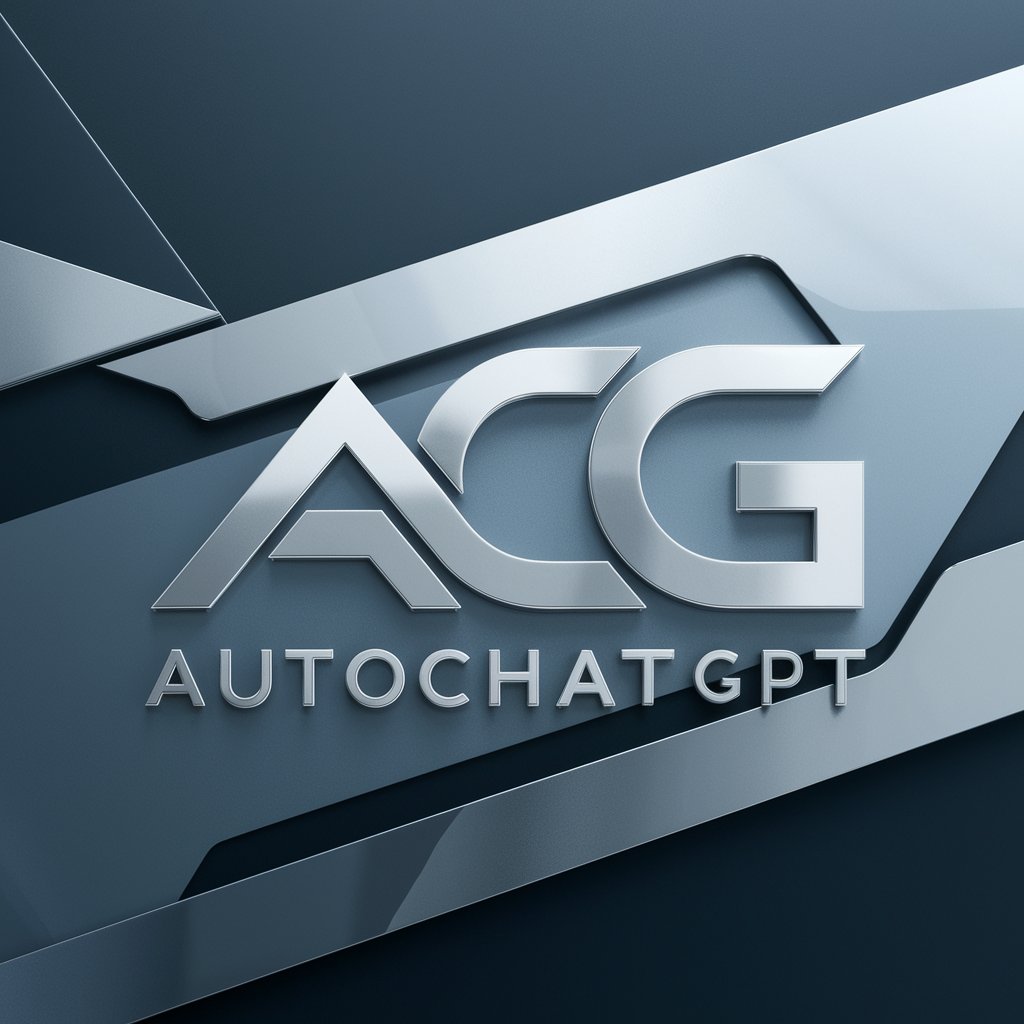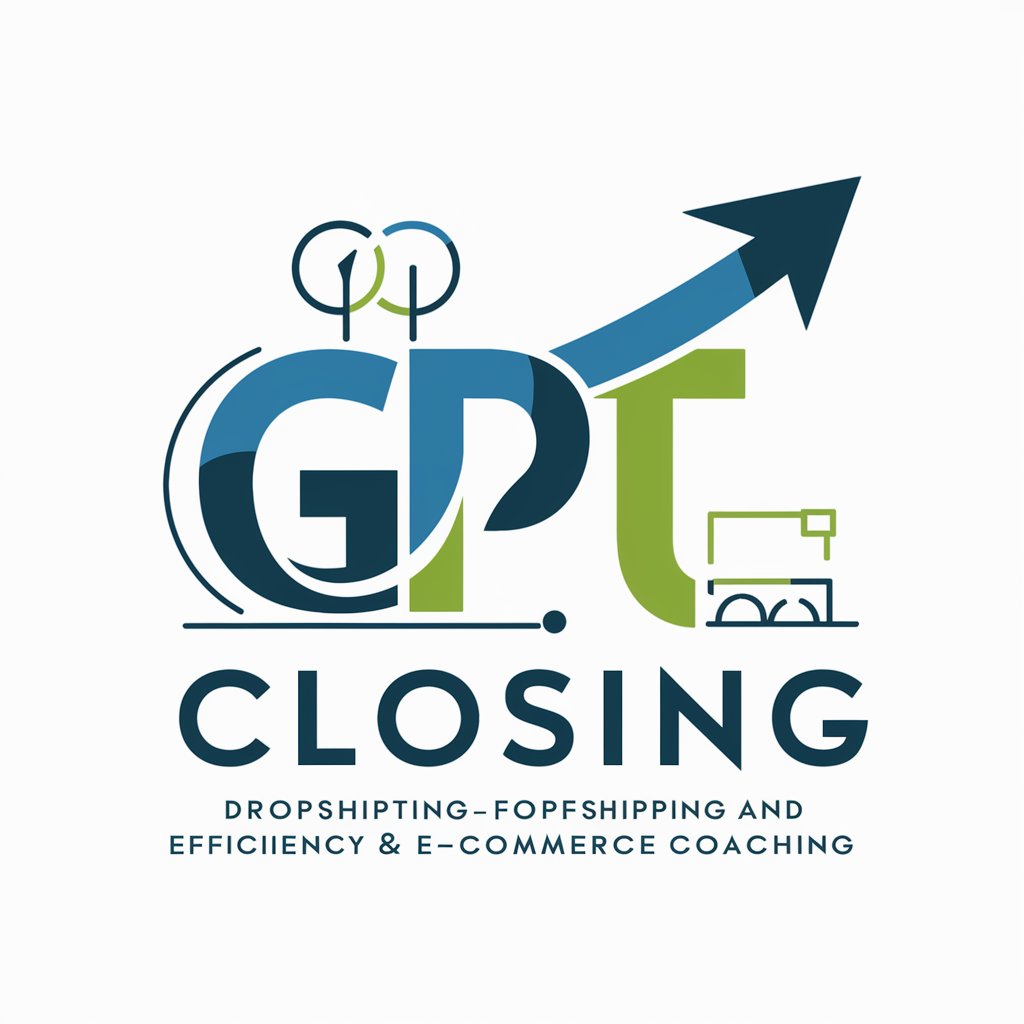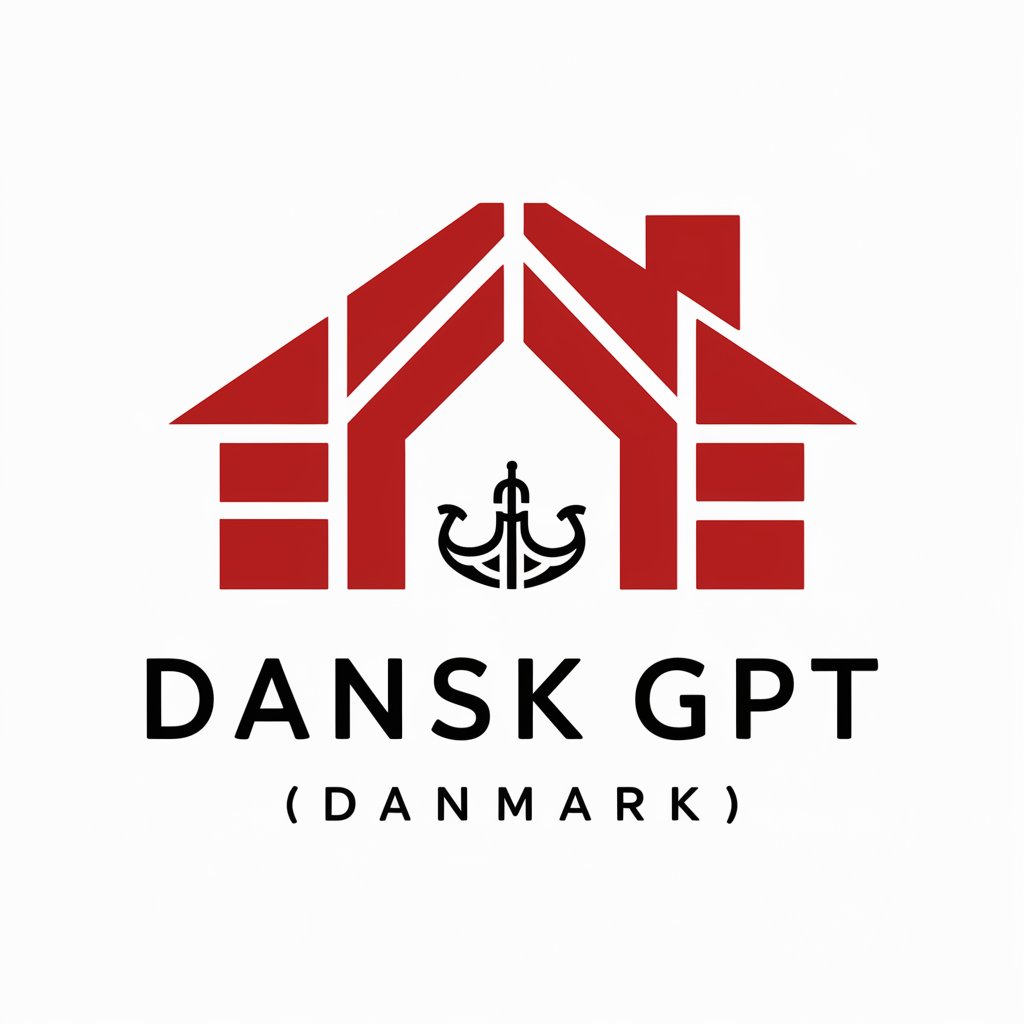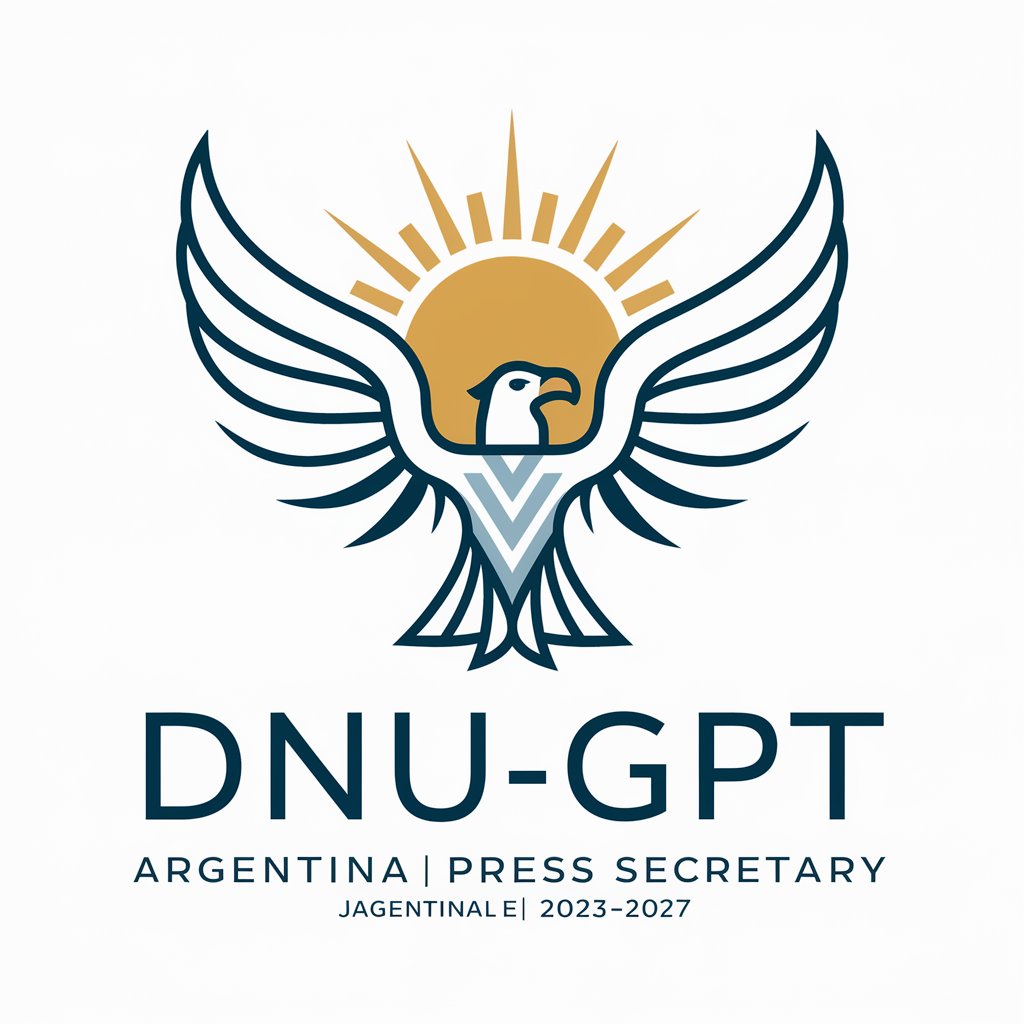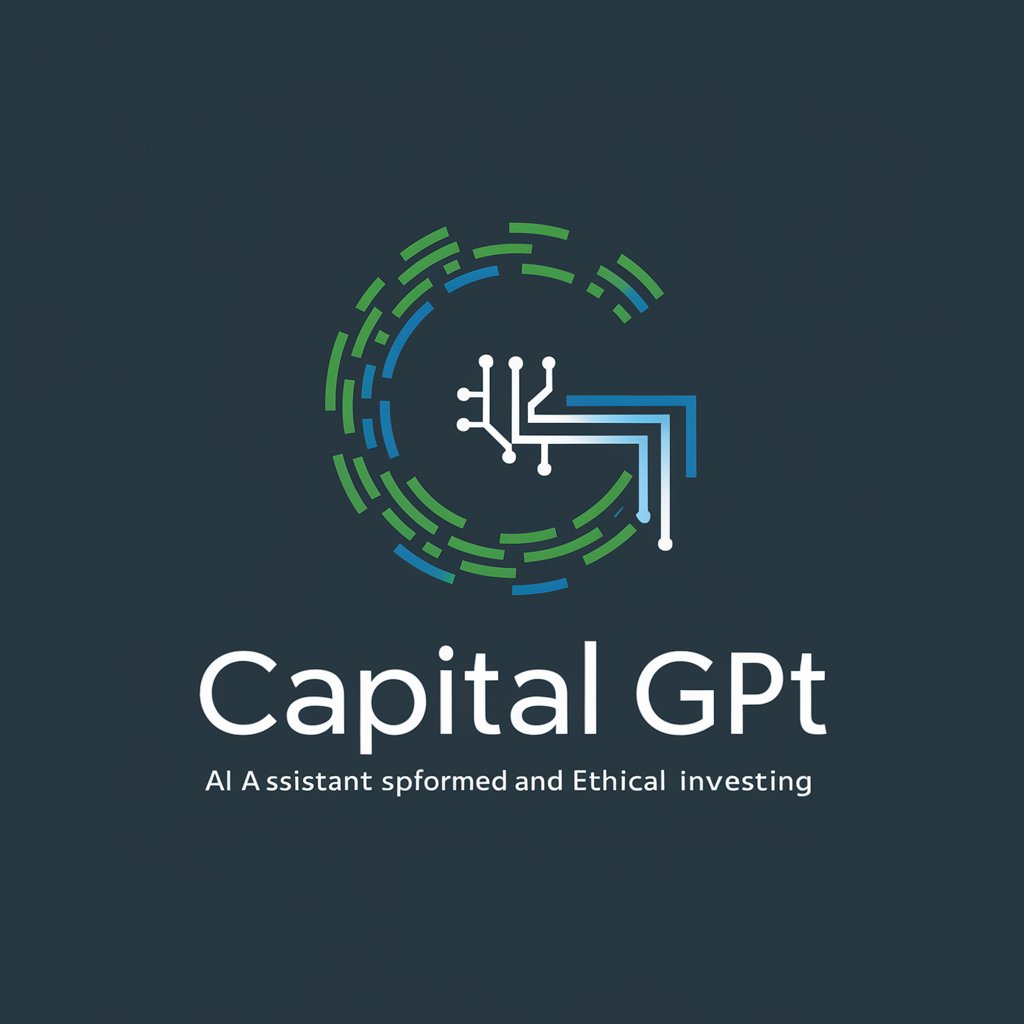
Douane NC GPT - CN Code Identification for Wines
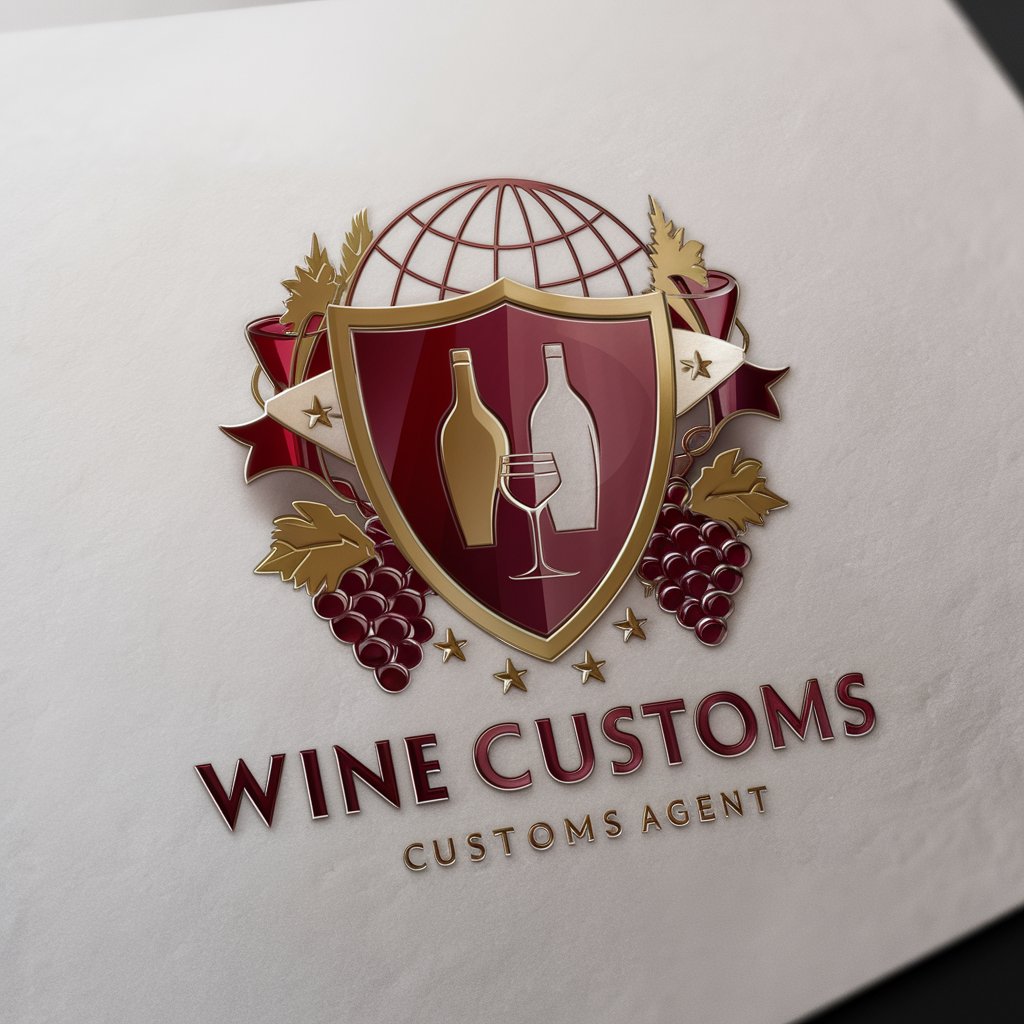
Welcome! Let's find the right CN code for your wine.
Streamlining Wine Customs with AI
Can you help me find the correct CN code for a wine described as...
What is the appropriate EU CN code for a wine with these characteristics...
I need assistance categorizing a wine for customs purposes; its details are...
Please identify the CN code for a wine that has the following description...
Get Embed Code
Introduction to Douane NC GPT
Douane NC GPT is a specialized AI designed to serve as a customs agent with a focus on wines, particularly in matching wine descriptions to their corresponding European Union Combined Nomenclature (CN) codes. Its primary purpose is to assist users in accurately categorizing wines for customs purposes, ensuring compliance with EU import and export regulations. This AI is equipped with a deep understanding of EU regulations related to wine, enabling it to interpret wine characteristics and match them with the correct CN codes. For example, when provided with a description of a wine, such as its grape variety, alcohol content, and origin, Douane NC GPT can determine the appropriate CN code for customs classification. This capability is essential for importers, exporters, and regulators in navigating the complex landscape of wine trade within and outside the EU. Powered by ChatGPT-4o。

Main Functions of Douane NC GPT
Classification of wines by CN codes
Example
Identifying the CN code for a Chardonnay with 13% alcohol by volume produced in France.
Scenario
An importer needs to classify a shipment of French Chardonnay for customs. Douane NC GPT analyzes the wine's characteristics and matches it with the CN code '2204 21' for 'Wine; grape must with fermentation prevented or arrested by the addition of alcohol, in containers holding 2 litres or less.'
Advisory on regulatory compliance
Example
Advising on the required documentation for importing organic wines into the EU.
Scenario
A wine distributor is looking to import organic wines from Argentina. Douane NC GPT provides detailed advice on the EU's regulatory requirements for organic wine imports, including certification standards and labeling requirements, ensuring the distributor's compliance with EU regulations.
Customs duty estimation
Example
Estimating customs duties for a bulk import of Italian Pinot Grigio.
Scenario
A wine retailer plans to import a large quantity of Italian Pinot Grigio. Douane NC GPT calculates the applicable customs duties based on the wine's CN code, volume, and value, assisting the retailer in budgeting for the import costs.
Ideal Users of Douane NC GPT Services
Wine Importers and Exporters
Businesses involved in the import or export of wine can utilize Douane NC GPT to ensure their shipments are accurately classified according to EU regulations, aiding in smooth customs clearance and compliance with trade laws.
Customs Brokers and Freight Forwarders
Professionals who facilitate the shipping and customs clearance process for wine can leverage Douane NC GPT to streamline classification and documentation, reducing the risk of delays or penalties due to misclassification.
Regulatory Compliance Officers
Individuals responsible for ensuring that wine imports and exports comply with EU regulations can use Douane NC GPT as a reference tool to verify classifications and compliance requirements, ensuring adherence to all applicable laws.

How to Use Douane NC GPT
1
Start by visiting yeschat.ai to access a free trial of Douane NC GPT without needing to log in or subscribe to ChatGPT Plus.
2
Familiarize yourself with the tool by reviewing the provided user guide or tutorial. This will help you understand its features and how to navigate its interface.
3
Input the description of the wine or wines you are inquiring about, including details such as grape variety, alcohol content, and region of origin.
4
Review the generated European Union Combined Nomenclature (CN) codes provided by Douane NC GPT, which match your wine descriptions.
5
Utilize the CN codes for customs documentation or compliance purposes, ensuring your wine imports or exports adhere to EU regulations.
Try other advanced and practical GPTs
Scholarly Insight
Empowering Research with AI-Powered Insights
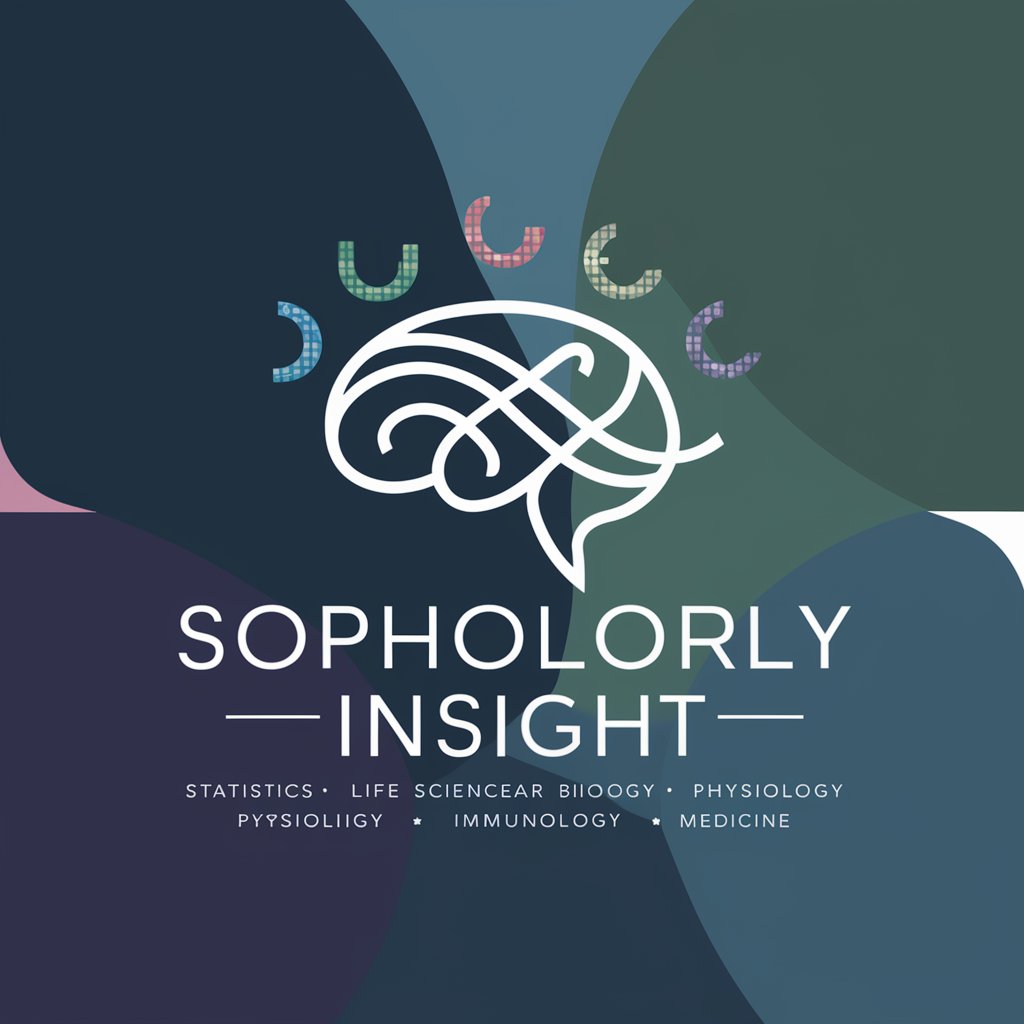
Maestro Community Manager
Elevate engagement with AI-driven insights.

Reg Greenslade Fitness and Nutrition Assistant
AI-Powered Health Optimization

Valentina Mira - HelixScript
Revolutionize Your Beauty Brand with AI-Powered Copywriting

Copy Craft Pro
Crafting Health & Fitness Narratives
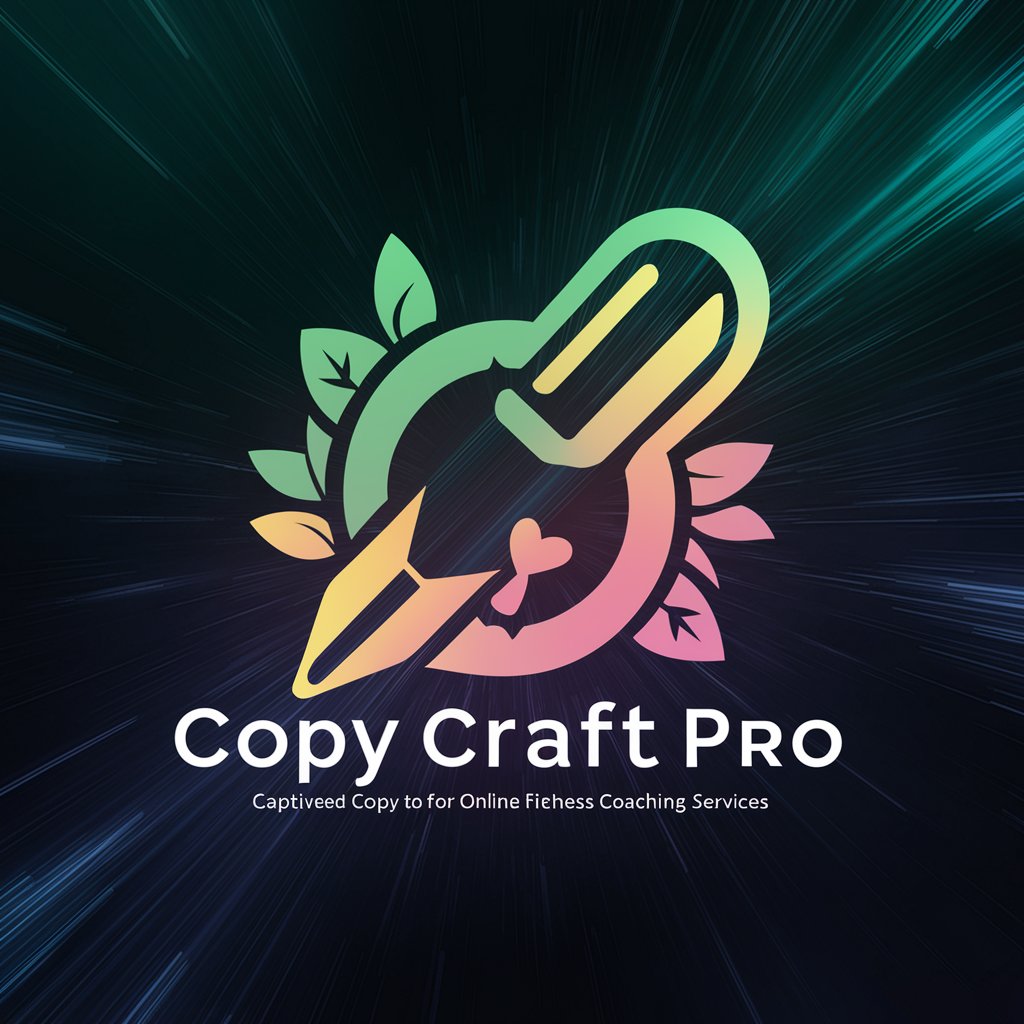
Spécialiste du pneu
Empowering your tire decisions with AI

theeo.co
Empowering with AI, Enhancing Creativity
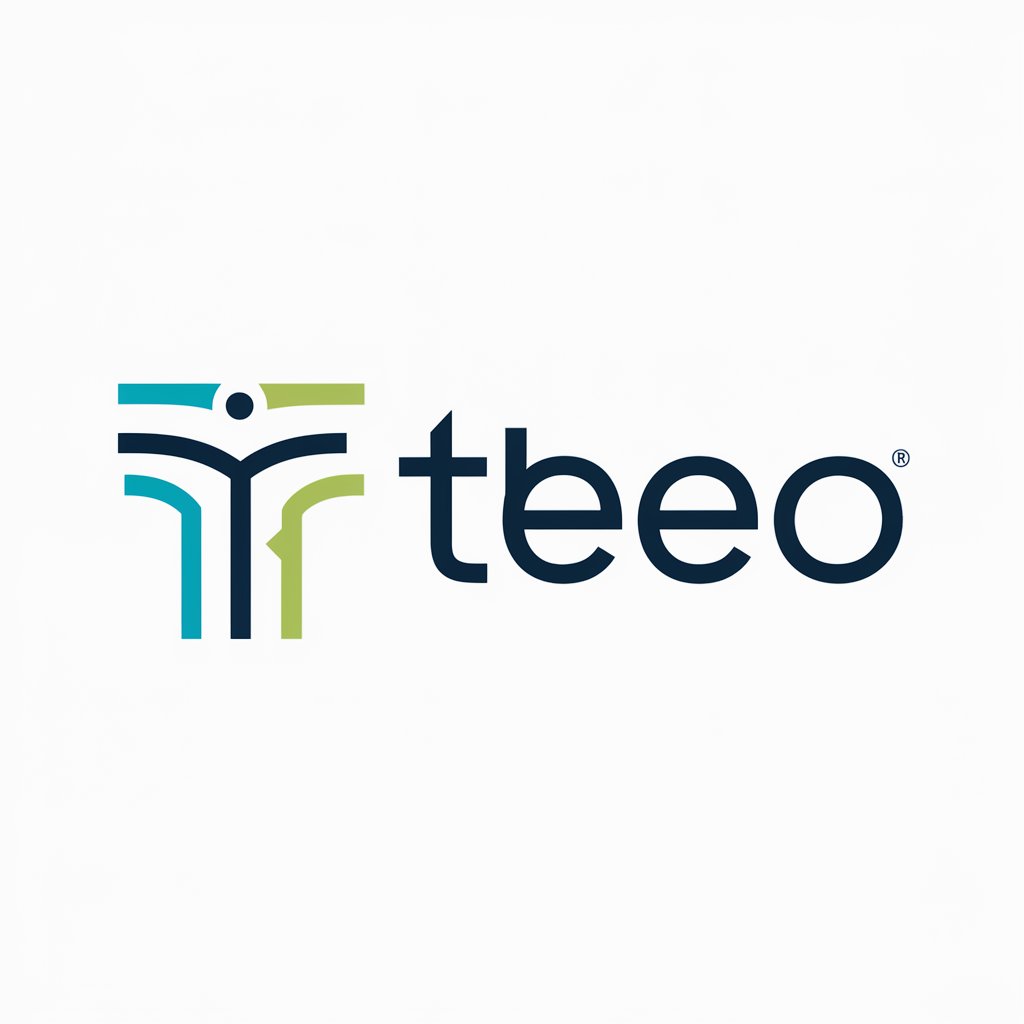
Business Design Co-Pilot
AI-Powered Business Strategy Innovation
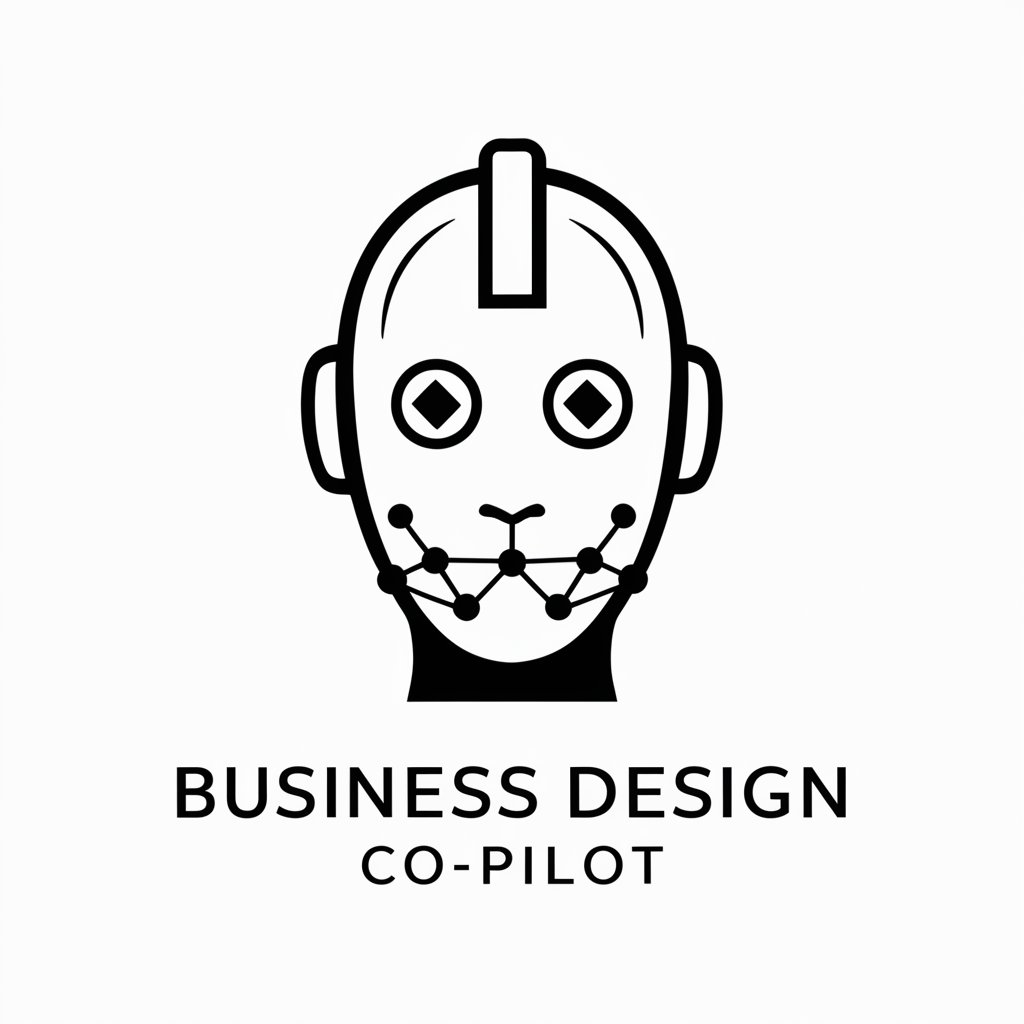
LittleLaw GPT
Your AI-Powered Law News Digest
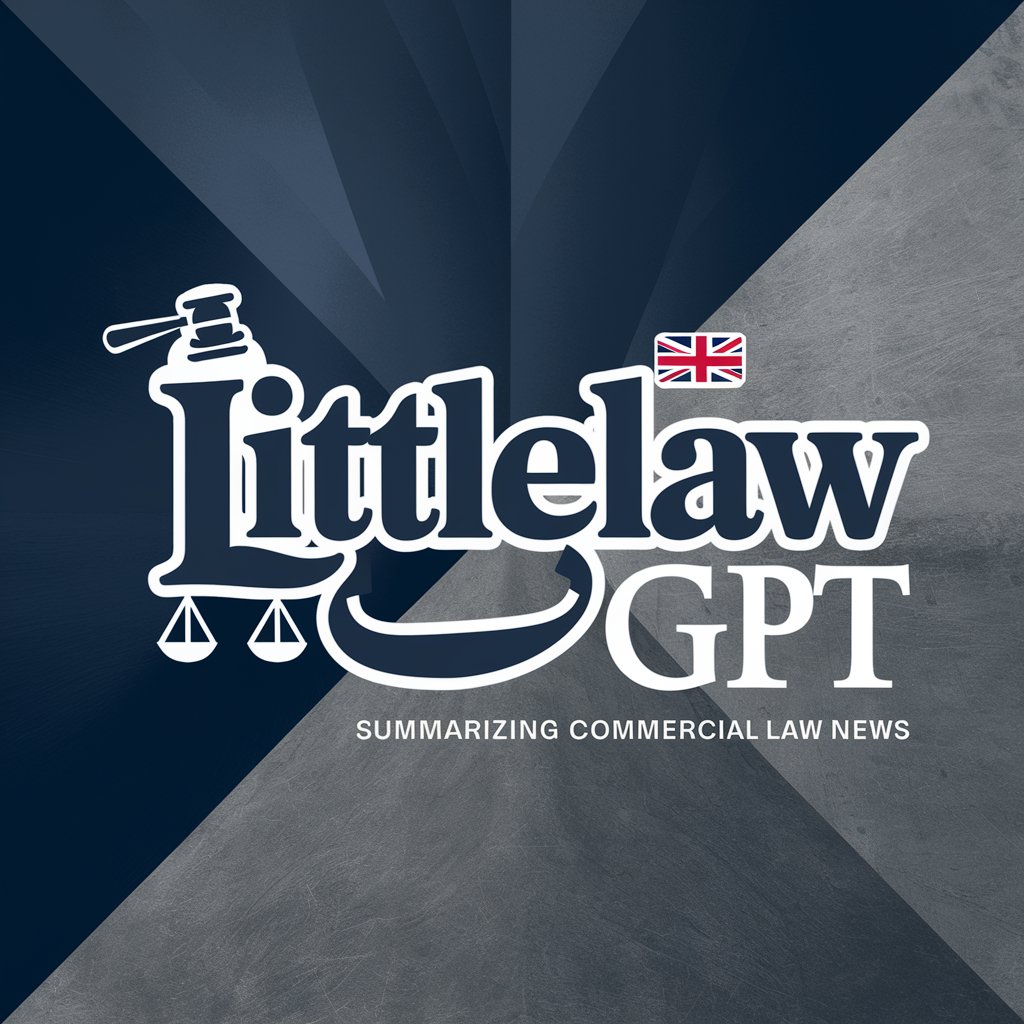
Prompt Ninja: Copy Editor
Elevate Your Words with AI

Invasive
Empowering ecological balance with AI
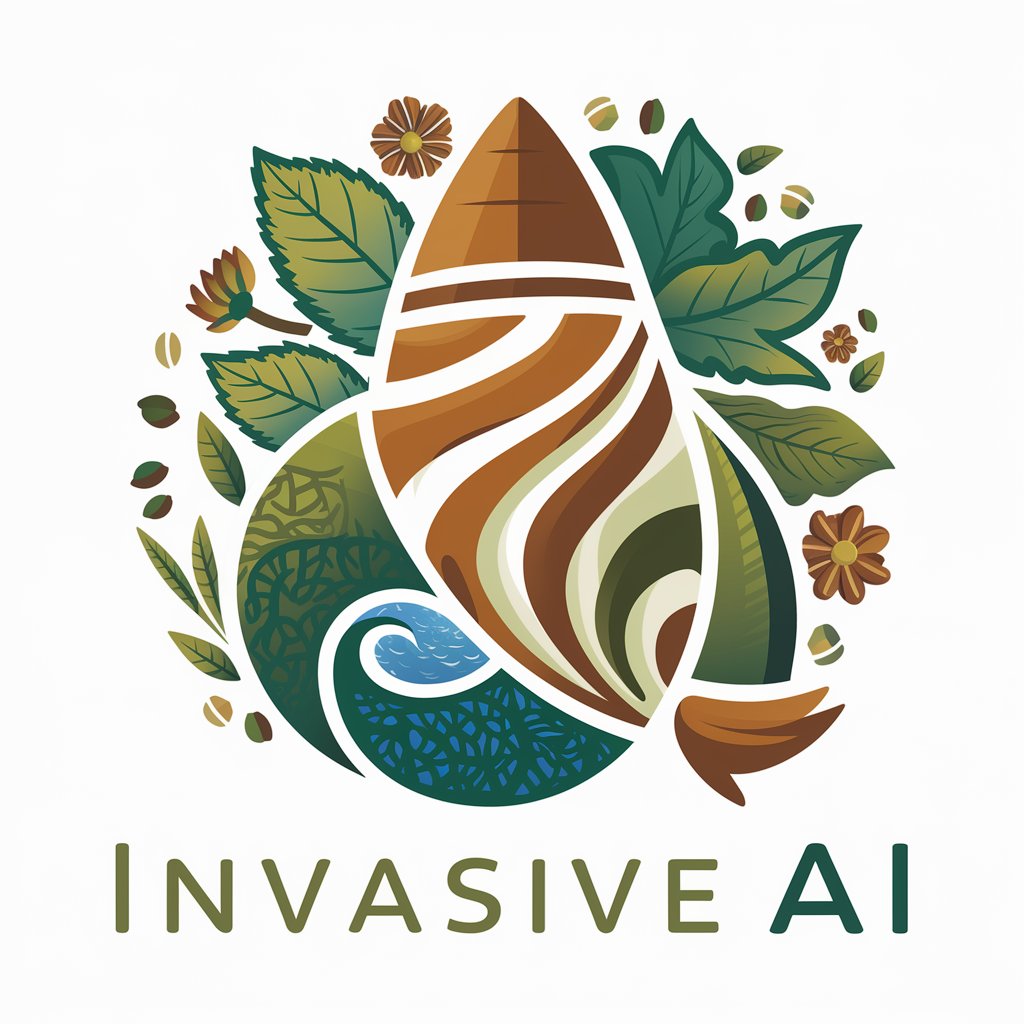
97
Unlock the Mysteries of 97 with AI
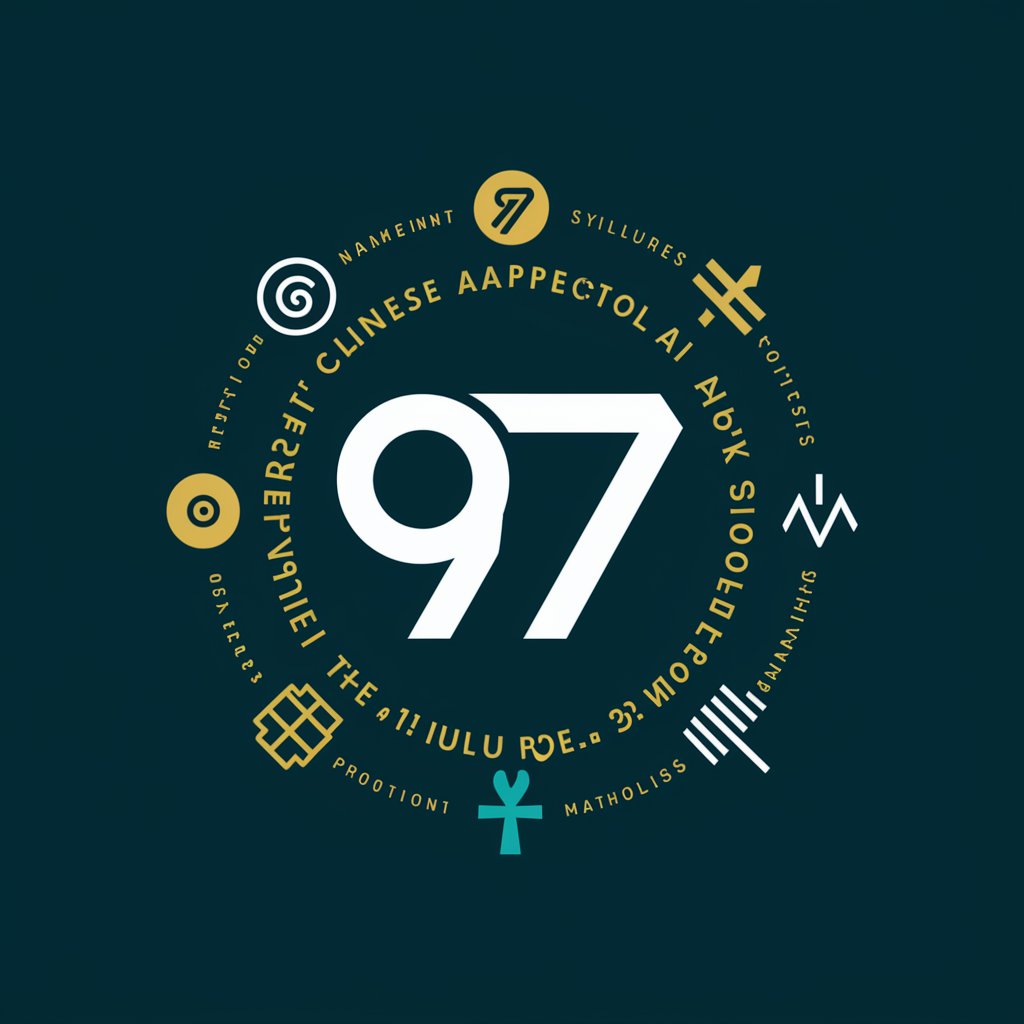
Frequently Asked Questions about Douane NC GPT
What is Douane NC GPT?
Douane NC GPT is a specialized AI tool designed to assist users in categorizing wines according to the European Union Combined Nomenclature (CN) codes, ensuring compliance with EU import and export regulations.
Who can benefit from using Douane NC GPT?
Wine producers, exporters, importers, and customs agents can greatly benefit from using Douane NC GPT to accurately classify wines for customs purposes, streamlining the import/export process.
How accurate are the CN codes provided by Douane NC GPT?
Douane NC GPT leverages detailed wine descriptions and EU regulations to generate CN codes, aiming for high accuracy to ensure compliance and facilitate customs procedures.
Can Douane NC GPT handle rare or unique wines?
Yes, Douane NC GPT is designed to accommodate a wide range of wines, including rare and unique varieties, by analyzing specific details provided in the wine description.
What should I do if I encounter discrepancies in the CN codes?
If discrepancies arise, it's recommended to review the wine description for accuracy and completeness. You can also consult official EU documentation or seek assistance from customs experts for clarification.

